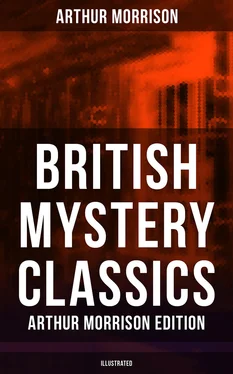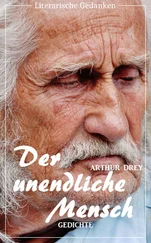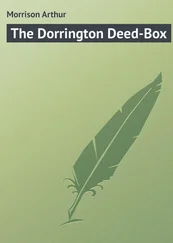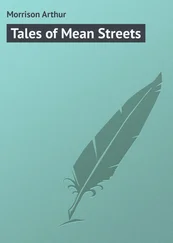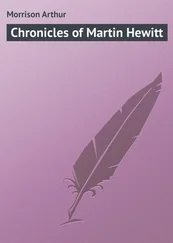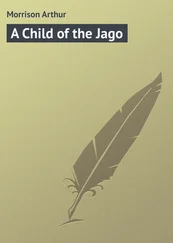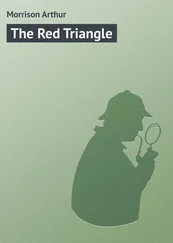Sergeant Kentish tied Browdie’s elbows firmly together behind, and carried the line round the ankles, bracing all up tight. Then he ran a knot from one wrist to the other over the back of the neck, and left the prisoner, trussed and helpless, on the heap of straw that had been Sammy’s bed.
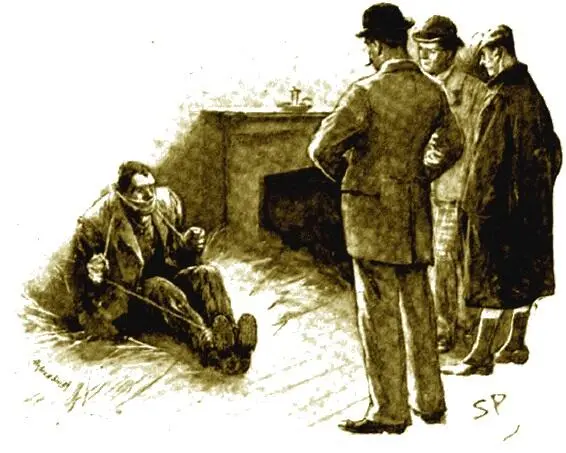
“You won’t be very jolly, I expect,” Kentish said, “for some time. You can’t shout and you can’t walk, and I know you can’t untie yourself. You’ll get a bit hungry, too, perhaps, but that’ll give you an appetite. I don’t suppose you’ll be disturbed till some time to-morrow, unless our friend Danby turns up in the meantime. But you can come along to jail instead, if you prefer it.”
They left him where he lay, and took Sammy to the old landau. Sammy walked in slippers, carrying his spiked shoes, hanging by the lace, in his hand.
“Ah,” said Hewitt, “I think I know the name of the young lady who gave you those slippers.”
Crockett looked ashamed and indignant. “Yes,” he said, “they’ve done me nicely between ‘em. But I’ll pay her—I’ll—”
“Hush, hush!” Hewitt said; “you mustn’t talk unkindly of a lady, you know. Get into this carriage, and we’ll take you home. We’ll see if I can tell you your adventures without making a mistake. First, you had a note from Miss Webb, telling you that you were mistaken in supposing she had slighted you, and that, as a matter of fact, she had quite done with somebody else—left him—of whom you were jealous. Isn’t that so?”
“Well, yes,” young Crockett answered, blushing deeply under the carriage-lamp; “but I don’t see how you come to know that.”
“Then she went on to ask you to get rid of Steggles on Thursday afternoon for a few minutes, and speak to her in the back lane. Now, your running pumps, with their thin soles, almost like paper, no heels and long spikes, hurt your feet horribly if you walk on hard ground, don’t they?”
“Ay, that they do—enough to cripple you. I’d never go on much hard ground with ‘em.”
“They’re not like cricket shoes, I see.”
“Not a bit. Cricket shoes you can walk anywhere in!”
“Well, she knew this—I think I know who told her—and she promised to bring you a new pair of slippers, and to throw them over the fence for you to come out in.”
“I s’pose she’s been tellin’ you all this?” Crockett said, mournfully. “You couldn’t ha’ seen the letter; I saw her tear it up and put the bits in her pocket. She asked me for it in the lane, in case Steggles saw it.”
“Well, at any rate, you sent Steggles away, and the slippers did come over, and you went into the lane. You walked with her as far as the road at the end, and then you were seized and gagged, and put into a carriage.”
“That was Browdie did that,” said Crockett, “and another chap I don’t know. But—why, this is Padfield High Street?” He looked through the window and regarded the familiar shops with astonishment.
“Of course it is. Where did you think it was?”
“Why, where was that place you found me in?”
“Granville Road, Padfield. I suppose they told you you were in another town?”
“Told me it was Newstead Hatch. They drove for about three or four hours, and kept me down on the floor between the seats so as I couldn’t see where we was going.”
“Done for two reasons,” said Hewitt. “First, to mystify you, and prevent any discovery of the people directing the conspiracy; and second, to be able to put you indoors at night and unobserved. Well, I think I have told you all you know yourself now as far as the carriage.
“But there is the Hare and Hounds just in front. We’ll pull up here, and I’ll get out and see if the coast is clear. I fancy Mr. Kentish would rather you came in unnoticed.”
In a few seconds Hewitt was back, and Crockett was conveyed indoors by a side entrance. Hewitt’s instructions to the landlord were few, but emphatic. “Don’t tell Steggles about it,” he said; “make an excuse to get rid of him, and send him out of the house. Take Crockett into some other bedroom, not his own, and let your son look after him. Then come here, and I’ll tell you all about it.”
Sammy Crockett was undergoing a heavy grooming with white embrocation at the hands of Sergeant Kentish when the landlord returned to Hewitt. “Does Danby know you’ve got him?” he asked. “How did you do it?”
“Danby doesn’t know yet, and with luck he won’t know till he sees Crockett running to-morrow. The man who has sold you is Steggles.”
“Steggles?”
“Steggles it is. At the very first, when Steggles rushed in to report Sammy Crockett missing, I suspected him. You didn’t, I suppose?”
“No. He’s always been considered a straight man, and he looked as startled as anybody.”
“Yes, I must say he acted it very well. But there was something suspicious in his story. What did he say? Crockett had remarked a chilliness, and asked for a sweater, which Steggles went to fetch. Now, just think. You understand these things. Would any trainer who knew his business (as Steggles does) have gone to bring out a sweater for his man to change for his jersey in the open air, at the very time the man was complaining of chilliness? Of course not. He would have taken his man indoors again and let him change there under shelter. Then supposing Steggles had really been surprised at missing Crockett, wouldn’t he have looked about, found the gate open, and told you it was open when he first came in? He said nothing of that—we found the gate open for ourselves. So that from the beginning I had a certain opinion of Steggles.”
“What you say seems pretty plain now, although it didn’t strike me at the time. But, if Steggles was selling us, why couldn’t he have drugged the lad? That would have been a deal simpler.”
“Because Steggles is a good trainer, and has a certain reputation to keep up. It would have done him no good to have had a runner drugged while under his care; certainly it would have cooked his goose with you . It was much the safer thing to connive at kidnapping. That put all the active work into other hands, and left him safe, even if the trick failed. Now, you remember that we traced the prints of Crockett’s spiked shoes to within a couple of yards from the fence, and that there they ceased suddenly?”
“Yes. You said it looked as though he had flown up into the air; and so it did.”
“But I was sure that it was by that gate that Crockett had left, and by no other. He couldn’t have got through the house without being seen, and there was no other way—let alone the evidence of the unbolted gate. Therefore, as the footprints ceased where they did, and were not repeated anywhere in the lane, I knew that he had taken his spiked shoes off—probably changed them for something else, because a runner anxious as to his chances would never risk walking on bare feet, with a chance of cutting them. Ordinary, broad, smooth-soled slippers would leave no impression on the coarse cinders bordering the track, and nothing short of spiked shoes would leave a mark on the hard path in the lane behind. The spike-tracks were leading, not directly toward the door, but in the direction of the fence, when they stopped; somebody had handed, or thrown, the slippers over the fence, and he had changed them on the spot. The enemy had calculated upon the spikes leaving a track in the lane that might lead us in our search, and had arranged accordingly.
“So far so good. I could see no footprints near the gate in the lane. You will remember that I sent Steggles off to watch at the Cop before I went out to the back—merely, of course, to get him out of the way. I went out into the lane, leaving you behind, and walked its whole length, first toward the Old Kilns and then back toward the road. I found nothing to help me except these small pieces of paper—which are here in my pocket-book, by the by. Of course this ‘mmy’ might have meant ‘Jimmy’ or ‘Tommy’ as possibly as ‘Sammy,’ but they were not to be rejected on that account. Certainly Crockett had been decoyed out of your ground, not taken by force, or there would have been marks of a scuffle in the cinders. And as his request for a sweater was probably an excuse—because it was not at all a cold afternoon—he must have previously designed going out. Inference, a letter received; and here were pieces of a letter. Now, in the light of what I have said, look at these pieces. First, there is the ‘mmy’—that I have dealt with. Then see this ‘throw them ov’—clearly a part of ‘throw them over’; exactly what had probably been done with the slippers. Then the ‘poor f,’ coming just on the line before, and seen, by joining up with this other piece, might easily be a reference to ‘poor feet.’ These coincidences, one on the other, went far to establish the identity of the letter, and to confirm my previous impressions. But then there is something else. Two other pieces evidently mean ‘left him,’ and ‘right away,’ perhaps; but there is another, containing almost all of the words ‘hate his,’ with the word ‘hate’ underlined. Now, who writes ‘hate’ with the emphasis of underscoring—who but a woman? The writing is large and not very regular; it might easily be that of a half-educated woman. Here was something more—Sammy had been enticed away by a woman.
Читать дальше
